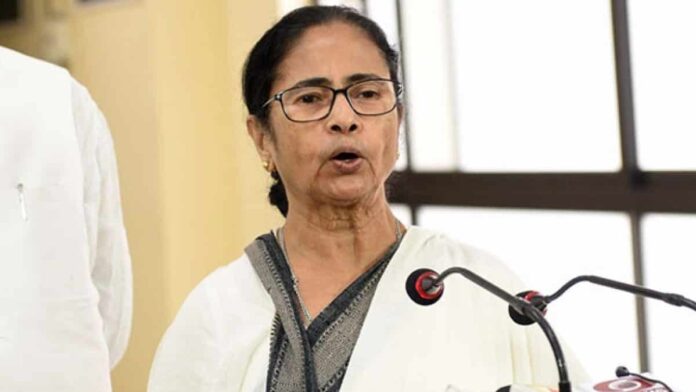The All India Trinamool Congress (TMC) has won the election in West Bengal. Its leader Mamta Banerjee is going to swear in as the Chief Minister even though she lost the Nandigram seat from where she had contested.
In this post, we will discuss if there is any bar on a person who lost the election of becoming the CM.
The appointment of Chief Ministers and other ministers is covered under Article 164 of the Constitution.
According to Article 164, the Governor shall appoint the CM, and other ministers will be appointed by the Governor on CM’s advice.
However, Article 164(4) states that a minister who is not a member of the State’s Legislature for six months will cease to be a Minister after the expiration of that period.
In Har Sharan Verma vs Tribhuvan Narain Singh, the Apex Court considered whether a person who is not a Member of Legislature of the State could be appointed as the Chief Minister. In that Tribhuvan Narain Singh’s appointment as CM of UP was challenged on the ground that he was not a legislature member.
Before the High Court, Har Sharan Verma argued that as per Clause 1 of Article 164, the appointment of any person not a member of the Legislature as Chief Minister is prohibited.
However, the Allahabad High Court rejected this contention and ruled that a CM, like any other minister, can hold the office for six months without being the Legislature’s Member.
Another issue raised in the petition was whether the majority of the Legislative Assembly members had elected their leader to be appointed as the CM before he got the legislature’s membership.
As per the High Court, clause 4 of Article 164 does not probit such a stop-gap arrangement which means that any minister can hold office for six months even if he/she is not a legislature member. The Court remarked that such an arrangement is proper or not is not a case for the Court to consider, but it cannot be illegal.
The Supreme Court upheld the High Court judgement and remarked that by virtue of Article 177, even if a Minister is not part of the Assembly, can attend the meetings, and there is no reason why the Minister would not be entitled to the post even if lost the seat.
After fourteen years, Verma again approached the Apex Court and challenged the appointment of KP Tiwari as Minister in the UP government. In this case, he contended that in Har Sharan Verma vs Tribhuvan Narain Singh, the Court did not consider the effect of the amendment to Article 173(a) of the constitution. According to Verma, after the amendment, the Governor cannot appoint a person who is not a Member of the State’s Legislature.
Also Read
The Court rejected this contention and ruled that no material change was brought on by the amendment of Article 173(a) of the Constitution. The Bench further observed that debates in the Constituent Assembly don’t suggest that a person shall be Legislature’s Member when he is chosen as a Minister.
Therefore, it can be concluded that there is no embargo in the appointment of a person who has lost the election of Legislative Assembly , to be appointed as CM of the State.




